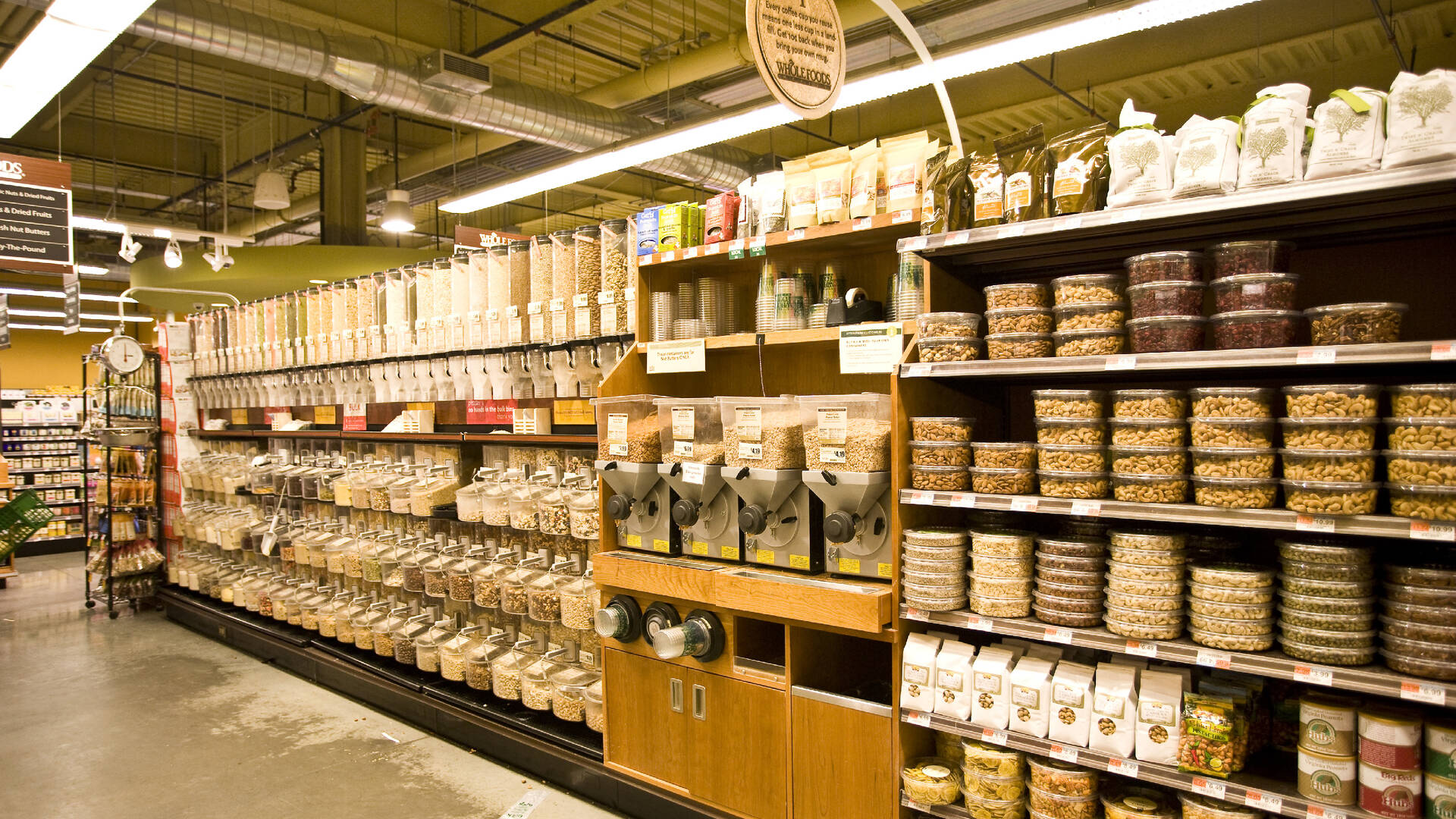
Nourishing a Healthier and Sustainable Future
CLICK HERE TO ENTER FOR A CHANCE TO WIN!
Whole Foods Market is not your average grocery store. Since its inception in 1980, this natural and organic food retailer has revolutionized the way people approach their grocery shopping. With a commitment to providing high-quality, responsibly sourced products, they have become synonymous with healthy eating, sustainability, and conscious consumerism. In this article, we will explore what sets them apart and how it has shaped the landscape of the modern grocery industry.
A Commitment to Quality: One of the key pillars that defines them is its unwavering commitment to quality. Whole Foods carefully selects its products, emphasizing natural and organic options that meet strict quality standards. From fresh produce to dairy, meat, and pantry staples. Shoppers can trust that the items they find are free from artificial additives, preservatives, and genetically modified organisms (GMOs). This dedication to quality extends to their prepared foods and ready-to-eat offerings. With a focus on offering healthy, delicious, and consciously sourced meals to customers.
Sustainable Sourcing: Whole Foods Market is renowned for its sustainable sourcing practices. They prioritize partnerships with local farmers and producers who adhere to environmentally friendly and ethical practices. By supporting local and regional suppliers, Whole Foods reduces its carbon footprint and fosters a stronger connection between consumers and the sources of their food. They also support local food banks, schools, and non-profit organizations, strengthening the social fabric of the communities they serve.
Healthier Choices
Moreover, Whole Foods Market is a leader in promoting sustainable seafood options. They partner with organizations like the Marine Stewardship Council and the Aquaculture Stewardship Council. To ensure that the seafood they sell is responsibly sourced and meets rigorous sustainability standards. This commitment to protecting our oceans and marine life has a significant positive impact on both the environment and consumers’ health.
Community Engagement: They’re not just a grocery store; it’s a community hub. They actively engage with their local communities through various initiatives and events. They sponsor educational programs, cooking demonstrations, and workshops that promote healthy living and conscious consumer choices. T
Whole Foods Market has also played a significant role in fostering transparency and consumer empowerment. Their commitment to labeling GMO products, providing detailed product information, and prioritizing fair trade practices empowers shoppers to make informed decisions about the food they buy and the companies they support.
Conclusion: Whole Foods Market has established itself as a trailblazer in the grocery industry, promoting a holistic approach to healthy eating, sustainability, and community engagement. By offering high-quality, responsibly sourced products, supporting local farmers and producers, and actively engaging with their communities, Whole Foods Market has inspired a shift towards more conscious consumption. As we move towards a future that values health, sustainability, and transparency, Whole Foods Market continues to pave the way for a healthier and more sustainable food system.

